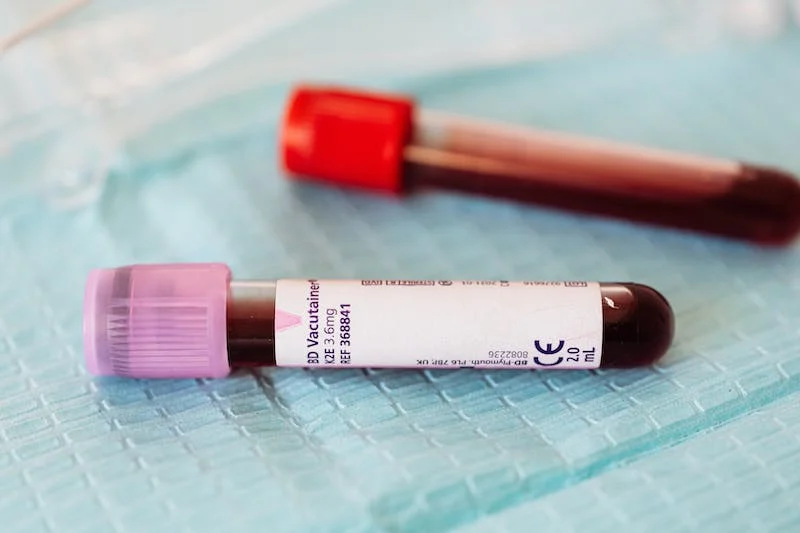
18 Jan Early Morning Blood Draws in Hospitalized Patients Come with Benefits and Drawbacks
MedicalResearch.com Interview with:

Dr. Caraballo-Cordovez
César Caraballo-Cordovez, MD
Postdoctoral Associate
Yale/YNHH Center for Outcomes Research and Evaluation (CORE)
New Haven, CT 06511
MedicalResearch.com: What is the background for this study? What are the main findings?
Response: Our group has been interested in how patients’ experience during hospitalization impacts their recovery and their health for a while. In 2013, Dr. Harlan Krumholz (senior author of the current study) identified that patients who were recently hospitalized experienced a period of generalized risk for myriad adverse health events, a condition that he named ‘post-hospital syndrome’. One of the possible explanations for this observation is that the stress from being hospitalized negatively impacts patients’ health during their stay in the hospital and after being discharged. The stress in a hospital may come from different sources–including sleep deprivation.
Sleep is fundamental for recovery, and there are many challenges for patients to have adequate sleep while being hospitalized. Among the many sources of sleep interruption are early morning blood draws. Blood draws are often performed in the early morning in order to have recent lab tests results available during morning medical rounds. However, this common practice may disrupt patients’ recovery by interrupting their sleep. We were interested in determining to what extent blood draws contribute to early morning sleep disruptions and whether there has been recent progress in reducing them.
We used data from Yale New Haven Hospital from 2016 to 2019 and found that nearly 4 in 10 of total daily blood draws were collected between 4:00am and 7:00am–a proportion that was persistently high over the 3 years we studied. Importantly, we found that this occurred across patients with different sociodemographic characteristics, including older individuals who are at highest risk of adverse health events from sleep deprivation.
MedicalResearch.com: What can be done to make this experience better for hospitalized patients, as it is such a source of discomfort for many?
Response: There are different strategies that may be more patient-centered, including collecting samples the night before or later in the morning. However, although these strategies would allow patients to have an uninterrupted night sleep, making changes in how inpatient hospital care is delivered needs to be informed by strong clinical studies that demonstrate that it is safe and does not, for example, prolong hospital stay. So far, only a few studies have suggested that it may be safe. More and stronger evidence is needed.
MedicalResearch.com: What recommendations do you have for future research as a results of this study?
Response: It is very important to note that, although we used data from a single academic center (Yale New Haven Hospital), this is not a single-center issue. Early morning blood draws are a common practice in how inpatient care is delivered in modern medicine, as their results often inform decisions during morning medical rounds. There is, however, a need for more patient-centered delivery of care.
I have nothing to disclose.
Citation:
Caraballo C, Mahajan S, Murugiah K, et al. Timing of Blood Draws Among Patients Hospitalized in a Large Academic Medical Center. JAMA. 2023;329(3):255–257. doi:10.1001/jama.2022.21509
The information on MedicalResearch.com is provided for educational purposes only, and is in no way intended to diagnose, cure, or treat any medical or other condition. Always seek the advice of your physician or other qualified health and ask your doctor any questions you may have regarding a medical condition. In addition to all other limitations and disclaimers in this agreement, service provider and its third party providers disclaim any liability or loss in connection with the content provided on this website.
Last Updated on January 18, 2023 by Marie Benz MD FAAD
